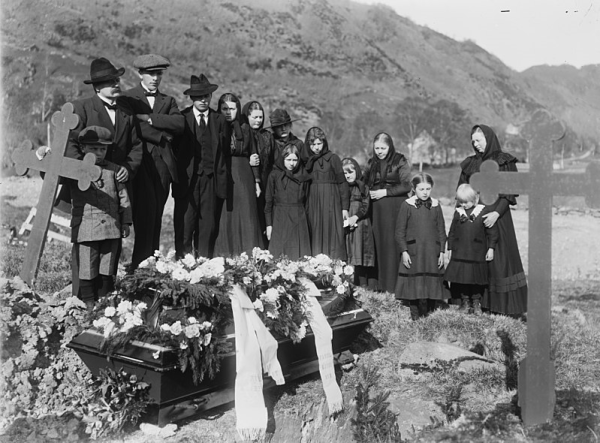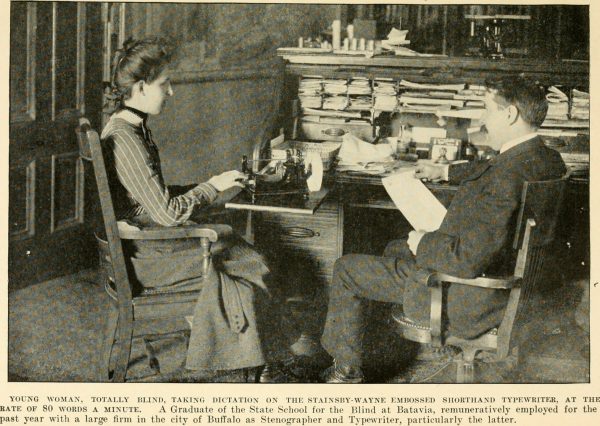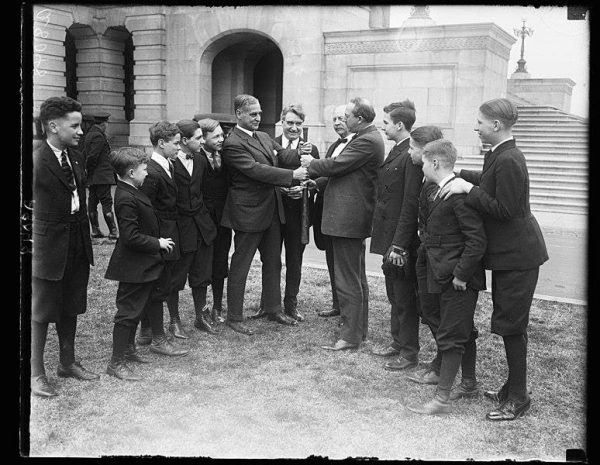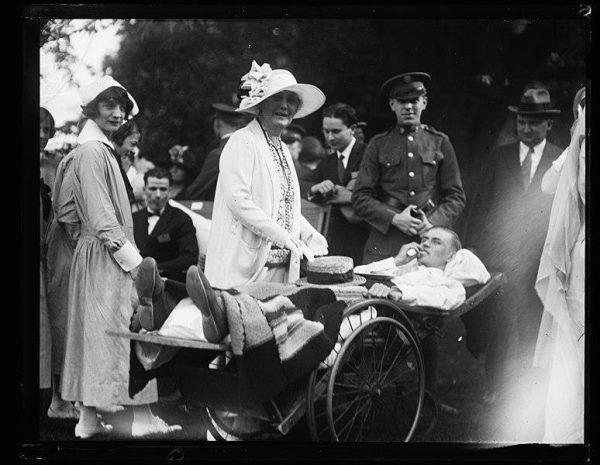Archive for the ‘Uncategorized’ Category

HANDBOOK HELPER EPISODE 38
BEREAVEMENT LEAVE POLICY
As of January 1, 2023, California employers of five or more on payroll must provide up to five days of consecutive or non-consecutive unpaid bereavement leave to eligible full-time or part-time employees upon the death of a “qualified family member” (e.g., spouse, child, parent, sibling, grandparent, grandchild, domestic partner, or parent-in law), which must be taken within three months of the death.

HANDBOOK HELPER EPISODE 37
ALCOHOL AND DRUG REHABILITATION PROGRAMS POLICY
Although current illegal drug use is not protected under California or federal law, employers with 25 or more on payroll must reasonably accommodate eligible employees who wish to enter an alcohol or drug rehabilitation program. See, California Labor Code sections 1025-1028.

THE ROAD TAKEN
Fellow Travelers on Humanity’s Highway
Tuesday, July 18 dawns and we venture forth, 7:00-ish, on the only road to town.

VISION PROVISION
EEOC Workplace Guidance to Accommodate the Visually Impaired
The Equal Opportunity Employment Commission (EEOC) is issuing a series of guidances, each an extensive manual on addressing a particular workplace disability. The latest is Visual Disabilities in the Workplace and the Americans with Disabilities Act.

LIBERIAN RAIN
A West African Chronicle July 15-30, 2023
It is now 2:00 a.m. on a Monday (July 17), Jay and I splashing over the rain-cratered Robertsfield – Monrovia highway. It has been a 30-plus hour procession of vans, mega-baggage hauling, security gauntlets, late and missed flights, hasty plan Bs, gate waiting, blessed aisle seats, and at last back to ground, headed west. Out there in the full blackness are the small settlements, the stick-and-thatch, dirt floor dwellings hopefully holding off the deluge.

RELIGIOUS RULING FAVORS EMPLOYEES
Supreme Court Requires Accommodation Unless Substantial Cost Burden
Civil rights laws protect employees from discrimination based on various classifications, including religion. Employers must provide religious accommodations unless doing so would create an “undue hardship.” Such accommodation could include such things as time off for religious observance, not working on the particular sabbath, or exceptions to dress requirements.

HANDBOOK HELPER EPISODE 36
ORGAN AND BONE MARROW DONOR PAID LEAVE POLICY
California employers with 15 or more on payroll must provide eligible employees with up to 30 business days of paid leave — and an additional 30 business days of unpaid leave — for organ donation and up to five business days of paid leave for bone marrow donation.

WORKPLACE DISCRIMINATORS, EXPANDED
Third-Party Service Companies May Be Liable as “Employers”
For companies with five or more on payroll, California’s Fair Employment and Housing Act (FEHA) protects workers from employer discrimination based on protected classifications such as race, religion, gender, and disability.

HANDBOOK HELPER EPISODE 35
DISABILITY LEAVE POLICY
If a California-based employee requires a temporary leave as a reasonable accommodation in connection with a disability not covered under PDL, CFRA, FMLA or workers compensation laws, the employer should grant it to the extent it can do so without causing undue hardship on the business.

I-9 RULES CHANGE AGAIN
Remote Verification Possible for E-Verify Users
Effective July 31, 2023, U.S. Immigrations and Customs (ICE) once again required employers to verify all I-9 document submissions in person, ending the remote verification flexibility permitted during the pandemic. See No More Room For Zoom: I-9 Rules Are Tightening July 31, 2023: Real McCoy Rule (June 16, 2023). Employers had until August 30, 2023 to physically examine all documents verified remotely during that flexible time period.
